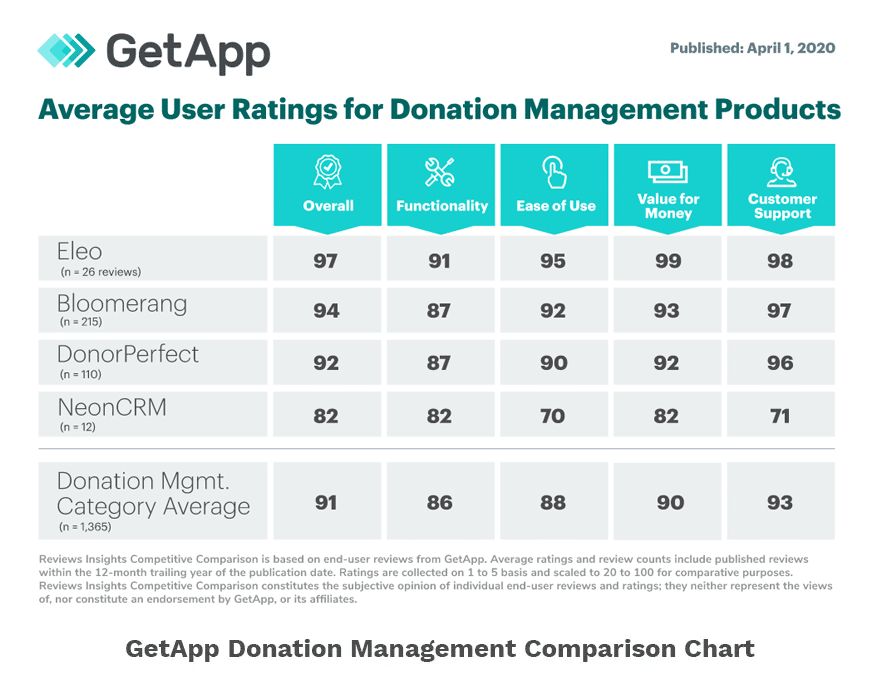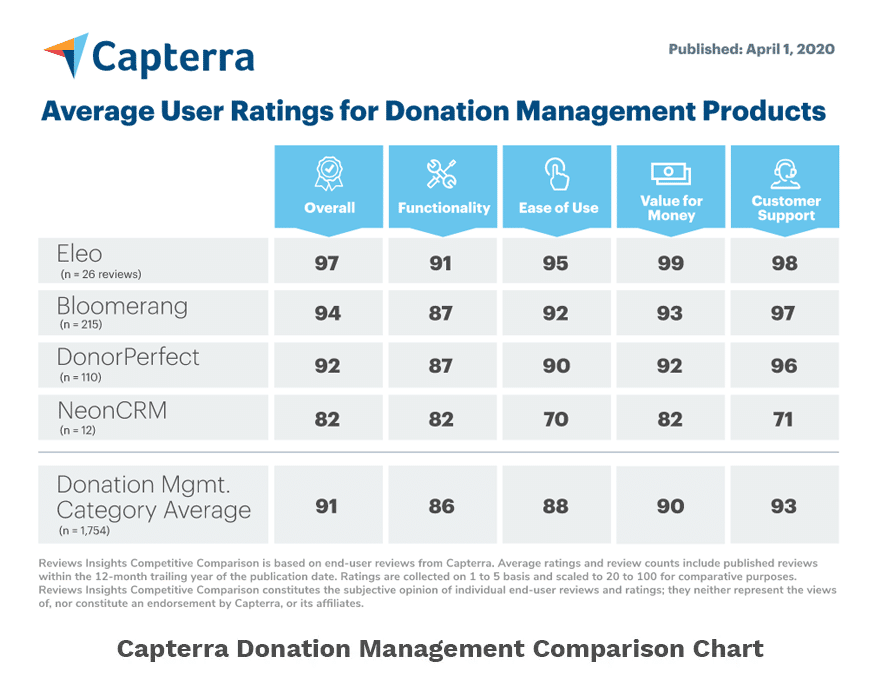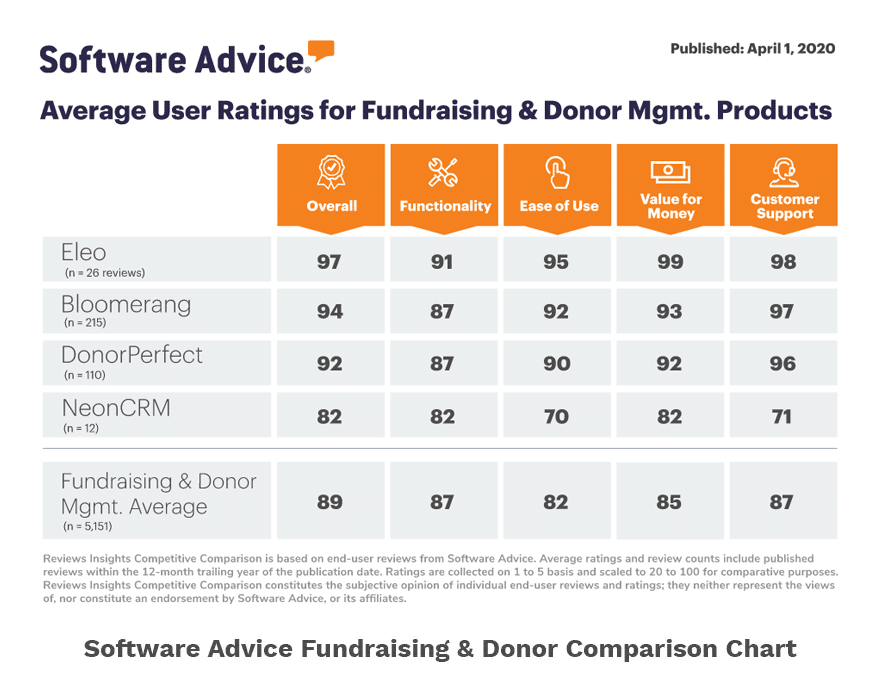
Summary: Donor-advised funds represent the fastest-growing form of nonprofit fundraising. This relatively new charitable giving tool can deliver huge value to both small nonprofits and donors, as well as sponsor organizations that manage DAFs and award grants. In this article, we’ll explain what DAFs are, how they work, the benefits, and the purpose of DAF Day.
Given the competition for the hearts, minds, and gifts of donors, small nonprofits need to look beyond traditional fundraising strategies. Although campaigns and events provide a solid fundraising foundation, there are opportunities to not only raise money, but deepen relationships with individuals and organizations that are extremely passionate about your mission.
Donor-advised funds (DAFs) represent an enormous opportunity for small nonprofits to tap into an exciting, sustainable form of giving that can spark a new wave of revenue growth!
What Is a Donor-Advised Fund?
A DAF is a charitable giving tool that allows individuals to make tax-deductible donations to a sponsoring organization, or public charity. This organization holds and invests the money and recommends grants from the DAF to a qualified charitable organization (like your nonprofit!).
A common misconception is that DAF donors are rich. While high-net-worth individuals who make large donations will receive the greatest tax benefits, many DAFs have no minimum donation requirement, making them accessible to any donor base and budget. In fact, nearly seven in 10 DAF gifts are less than $1000.
According to the 2025 DAF Fundraising Report, DAF giving grew 30% in 2024, compared to a 1% dip in non-DAF giving. Switching to DAF giving resulted in a median increase of 100% in annual support!
How Does a Donor-Advised Fund Work?
There are four general steps to making a difference with a DAF.
- Donors give cash, stock, or other assets to the sponsoring organization and receive an immediate tax deduction.
- Funds are invested and grow tax-free.
- Donors recommend which charitable organizations should receive grants and for what purpose.
- The sponsoring organization reviews recommendations, approves grants, and distributes funds to chosen charitable organizations (like your nonprofit!).
What Are the Benefits of a Donor-Advised Fund?
The sponsoring organization and DAF donors are focused on making a meaningful, sustainable impact. A DAF provides more flexibility and control than traditional gifts, enabling donors to decide how grants will be distributed as DAF investments grow in value.
Of course, the immediate tax benefits are appealing from a financial perspective and encourage donors to give more. Donors can also create a charitable legacy by naming successors to advise the fund in the future.
For small nonprofits that receive DAF grants, they gain access to a large pool of funds that exist for the purpose of charitable giving. This creates the opportunity to tap into a large source of potential funding!
Given the complexity of accepting non-cash gifts, like stocks, real estate, and physical assets, a DAF takes care of this process while the charitable organization receives a cash grant.
What Is DAF Day?
DAF Day is a day designated for donors to make charitable contributions from their DAFs. According to DAFDay.com, DAF Day “is a new kind of giving day that reframes how DAFs are used – and who uses them.”
The purpose of DAF Day is to maximize the use of DAFs among donors and nonprofits by creating:
- Increased awareness of the value of DAFs.
- A shared timeline to follow.
- A collective movement to join.
- A connected experience to get excited about.
The first DAF Day was held on October 10, 2024 and will be held on the second Thursday of October every year. Given the growing popularity and impact of DAF Day, we expect more small nonprofits to make this an annual fundraising priority!
In the next article, we’ll offer tips on how to use your donor management software for DAF Day fundraising, engage donors, track giving, and raise as much money as possible!





